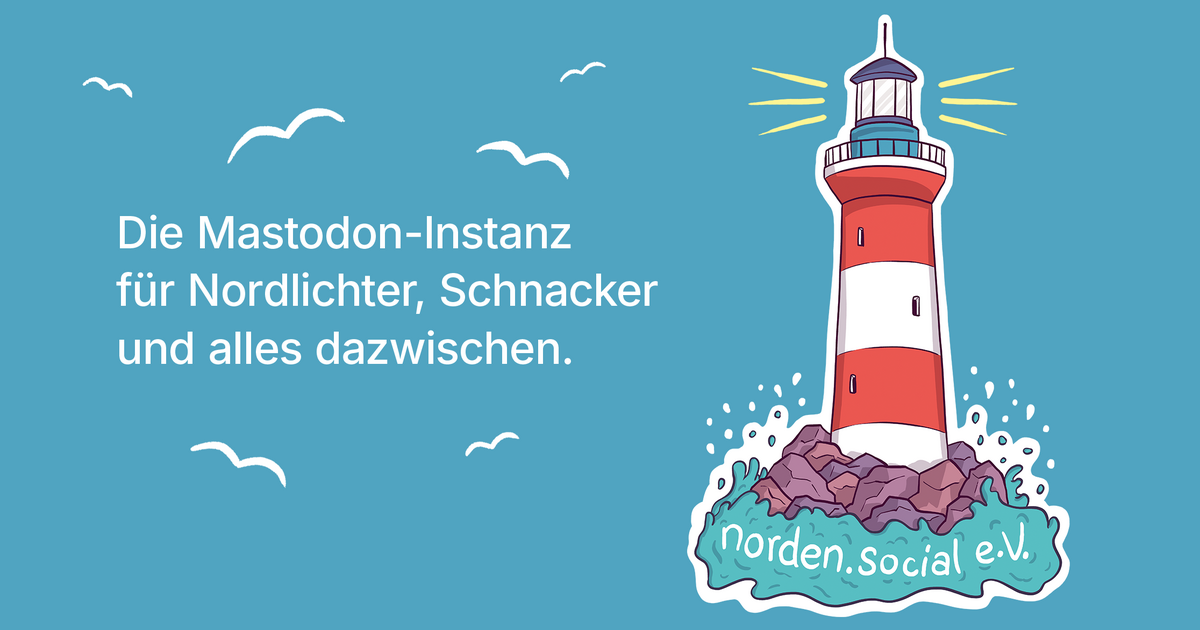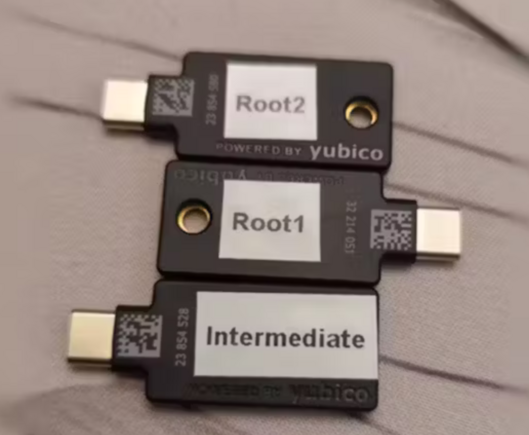@Xeniax Totally nerdsniped :D I'd love to be a part of the study.
I don't think that #KeyServers are dead. I think they evolved into Verifying Key Servers (VKS), like the one run by a few folks from the OpenPGP ecosystem at https://keys.openpgp.org/about . More generally, I believe that #PGP / #GPG / #OpenPGP retains important use-cases where accountability is prioritized, as contrasted with ecosystems (like #Matrix, #SignalMessenger) where deniability (and Perfect Forward Secrecy generally) is prioritized. Further, PGP can still serve to bootstrap those other ecosystems by way of signature notations (see the #KeyOxide project).
Ultimately, the needs of asynchronous and synchronous cryptographic systems are, at certain design points, mutually exclusive (in my amateur estimation, anyway). I don't think that implies that email encryption is somehow a dead-end or pointless. Email merely, by virtue of being an asynchronous protocol, cannot meaningfully offer PFS (or can it? Some smart people over at crypto.stackexchange.com seem to think there might be papers floating around that can get at it: https://crypto.stackexchange.com/questions/9268/is-asynchronous-perfect-forward-secrecy-possible).
To me, the killer feature of PGP is actually not encryption per se. It's certification, signatures, and authentication/authorization. I'm more concerned with "so-and-so definitely said/attested to this" than "i need to keep what so-and-so said strictly private/confidential forever and ever." What smaller countries like Croatia have done with #PKI leaves me green with envy.










